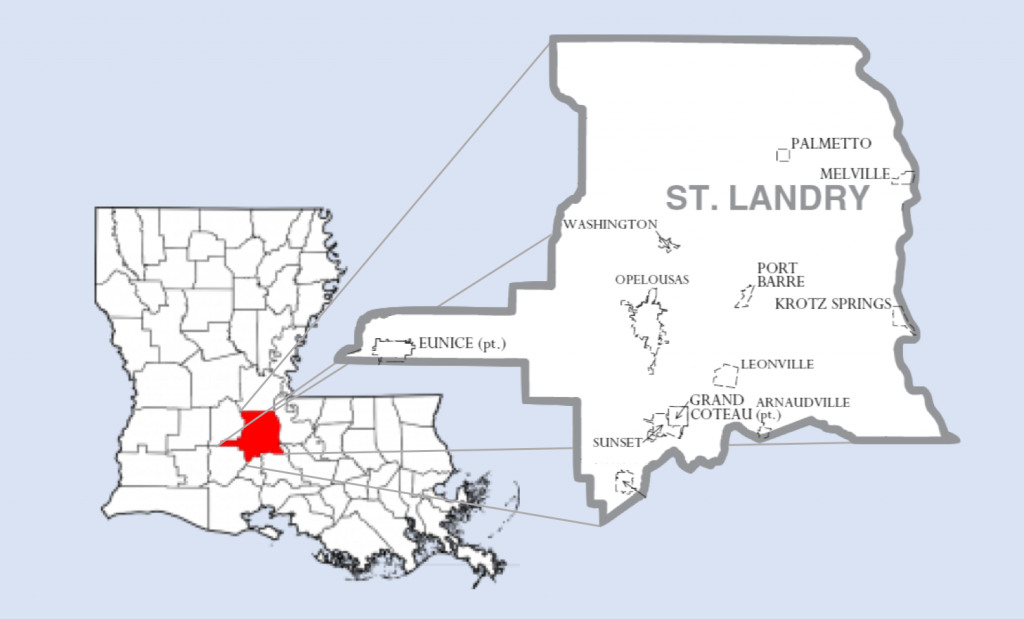Last week, U.S. District Judge Rebecca Doherty dismissed a 47-year old desegregation lawsuit against the St. Landry Parish School Board, ending court oversight of the district after nearly half a century.
The dismissal marks the conclusion of a five-year monitoring period agreed to by the district in 2011, in which St. Landry Parish school officials were to remedy lingering segregation-related issues involving facilities and school assignments. Apparently, all sides agreed that those issues had been satisfactorily addressed, because when school board attorneys filed a motion for dismissal, there were no objections.

Without question, St. Landry Parish public schools are in a much better place today than they were when the desegregation lawsuit was filed in 1969. For one thing, St. Landry’s superintendent and school board president are both African-American. Moreover, the district has redrawn attendance zones to create a better racial balance in schools, it allows students to transfer into schools where they are a racial minority, and the district has worked to provide integrated, parishwide educational options through magnet programs.
While school officials deserve praise for these efforts, their work is not yet done. School enrollment and performance data from last year show that minority-majority schools in St. Landry Parish are far more likely to be low-performing. In fact, St. Landry’s two F-graded schools are both more than 90% African-American.
Although St. Landry Parish School Board officials are celebrating their new unitary status, they should take this opportunity to recommit themselves to ensuring that all students – regardless of race or socio-economic background – receive a high quality education.


2 Comments
Leave a Reply